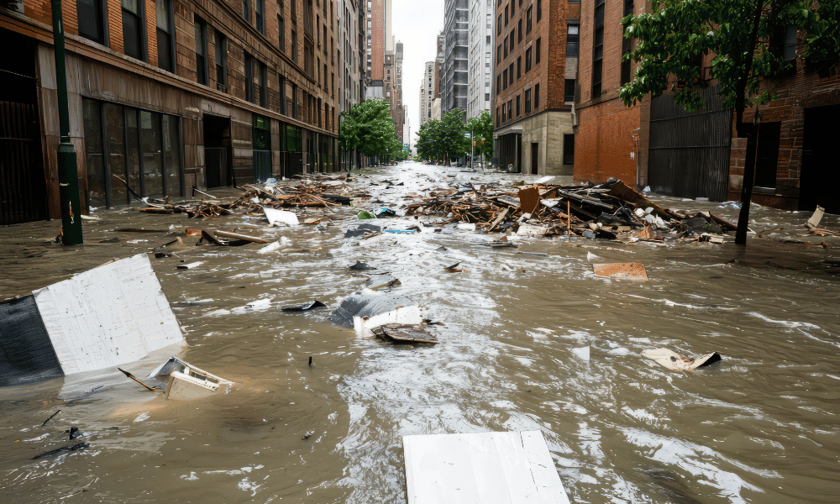

A recent report by Intersec has found that New Zealand ranked ninth on the list of countries most impacted by natural disasters between 2000 and 2024.
Utilizing data from EM-DAT and population figures from publicly available sources such as the World Bank, Intersec’s study led to the creation of a Disaster Impact Index, which combined human and economic tolls.
According to the study, New Zealand took the ninth spot with a Disaster Impact Index of 6.96. Despite the country only having 179 deaths and injuries, its economic damage reached $35.34 billion.
Meanwhile, Dominica was the country that was most impacted by natural disasters, with a Disaster Impact Index of 66.21, with 26,794 deaths and injuries among a population of 66,205. Notably, major hurricanes have ravaged the island and caused economic losses of around $1.96 billion.
The Bahamas ranked second with an index of 42.58 and about 116,601 deaths and injuries with a population of 401,000. The economic damage faced by the country was about $6.02 billion.
At the third spot was the United States with an index of 40.86. It had a total of 5,260 deaths and injuries with a population of 345 million, not counting the damage caused by the recent Hurricane Milton in Florida. It also suffered an economic loss of $13.74 billion.
The Solomon Islands took the fourth spot with an index of 26.97, followed by Puerto Rico with 24.98, Japan with 19.47, Grenada with 12.05, and Tonga with 11.44. Guatemala took the 10th spot with an index of 4.49.
“This analysis underscores the critical need for enhanced preparedness in countries at high risk of natural disasters. While the study highlights the devastating human and economic tolls, it also points to the importance of investing in early warning systems, infrastructure resilience, and disaster response strategies,” said Intersec’s Charlotte Cardona.
“Such investments are essential because they can save lives, reduce economic losses, and protect vulnerable communities from the growing frequency and intensity of natural disasters. Public-private partnerships are key to scaling these efforts, as businesses can help accelerate the implementation of climate adaptation measures and ensure a more resilient future.”
The Disaster Impact Index combined the total number of deaths, injuries, and economic damages, which were adjusted on a per capita basis. It also acknowledged that the same absolute number of casualties or economic losses has a bigger impact on smaller countries.
